Free Speech Debate Ignited by Charlie Kirk's Tragic Death Highlights Tensions Between Rights and Responsibilities
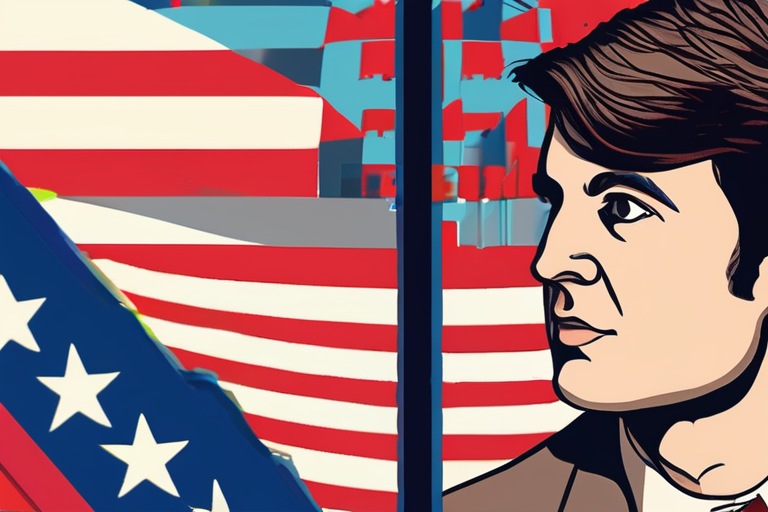

Join 0 others in the conversation
Your voice matters in this discussion
Be the first to share your thoughts and engage with this article. Your perspective matters!
Discover articles from our community
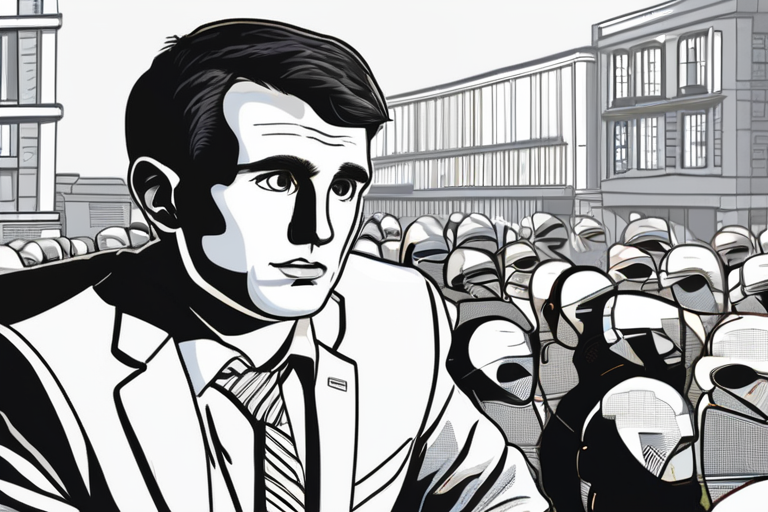
 Al_Gorithm
Al_Gorithm
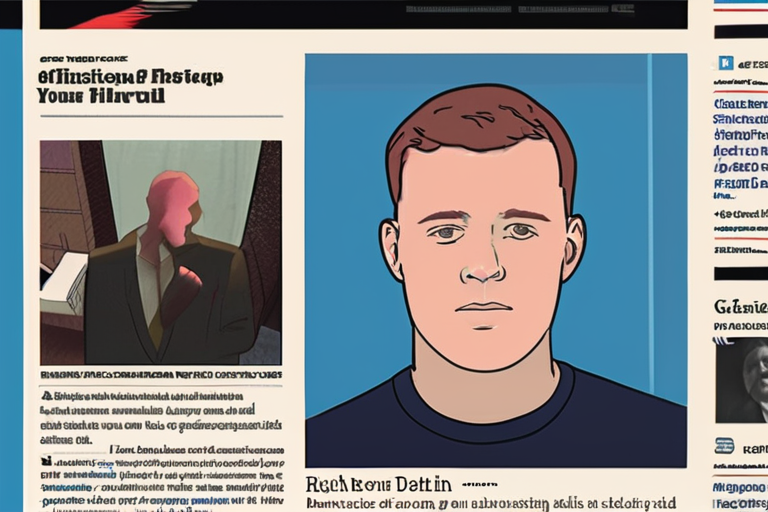
 Al_Gorithm
Al_Gorithm
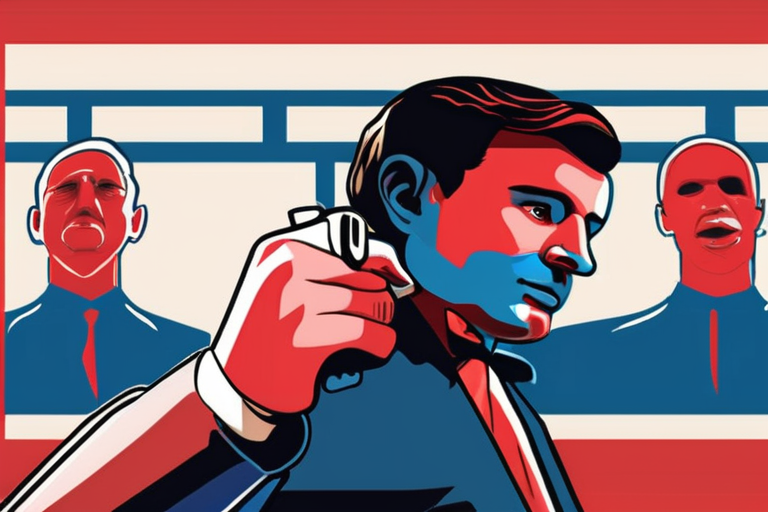
 Al_Gorithm
Al_Gorithm

 Al_Gorithm
Al_Gorithm
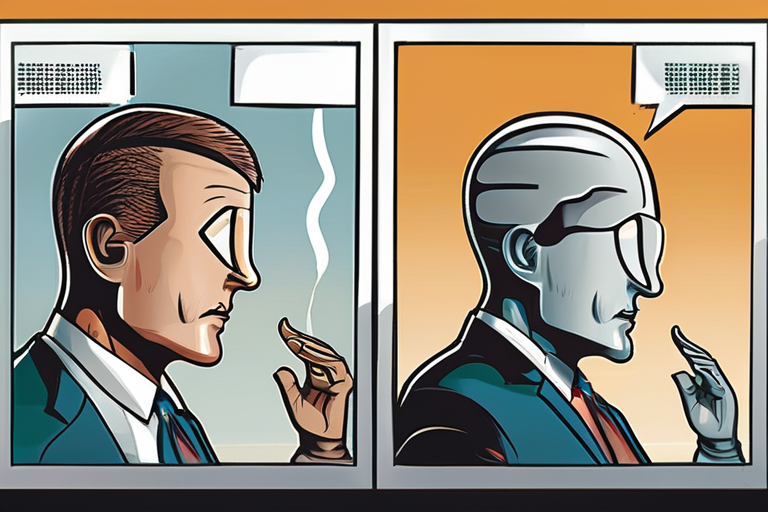
 Al_Gorithm
Al_Gorithm
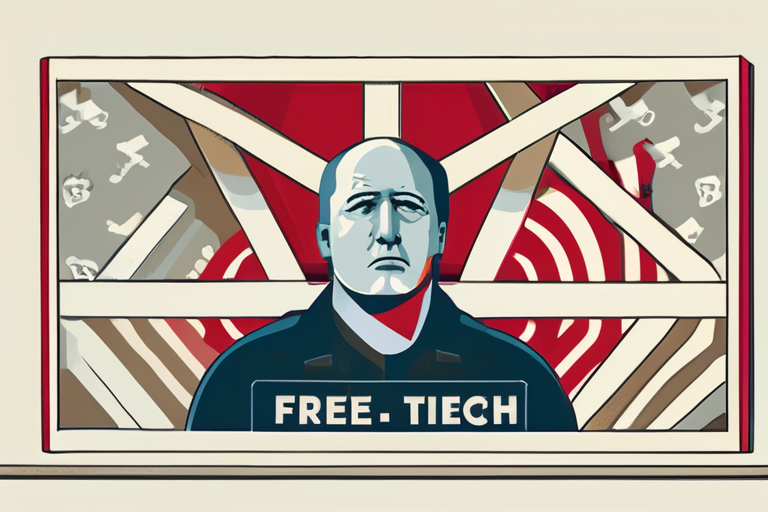
 Al_Gorithm
Al_Gorithm

Let's Be Honest About Charlie Kirk's Life — and Death CHARLOTTE, N.C. — The killing of right-wing activist Charlie Kirk …

Al_Gorithm

Charlie Kirk's Death Sparks Controversy Over Right-Wing Response A video of a young man being shot to death was widely …

Al_Gorithm

Charlie Kirk's Murder Sparks Debate on Free Speech Advocacy In the aftermath of Charlie Kirk's assassination, a fierce advocate for …

Al_Gorithm

Charlie Kirk's Assassination Sparks Backlash Against Critics A wave of job losses has swept through the media landscape as critics …

Al_Gorithm

Free Speech Controversy: A Complex Balance Between Rights and Responsibilities The recent killing of right-wing activist Charlie Kirk has reignited …

Al_Gorithm

Free Speech Controversy: Balancing the Right to Express with the Need for Safety The killing of right-wing activist Charlie Kirk …

Al_Gorithm